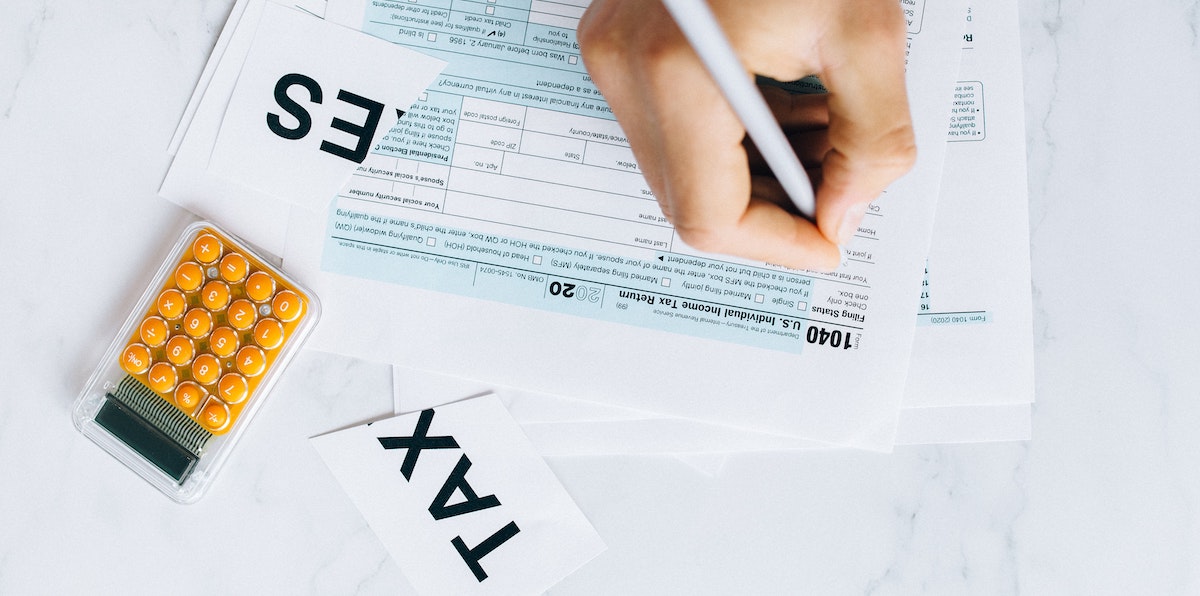Property Management
How to Manage Accounting as a First-Time Landlord: 5 Best Ways
Last Updated Mar 13, 2023


If a pipe in your bathroom was leaking, you’d fix it. But what if your rental home was leaking money? Would you even notice? That’s exactly what happens to rental properties without good bookkeeping and accounting in place. From missing tax deductions to unexpected maintenance costs, there are many ways that poor accounting can eat into your rental cash flow.
As a first-time landlord, you have an opportunity to put good systems in place to ensure these 'leaks' never start. This article will cover five steps that first-time landlords can take to set up good accounting practices from the get-go.
Disclaimer: We don’t enjoy using the word ‘landlord’. We prefer to refer to members in our network as homeowners, not landlords, since we’re on a mission to upend and redefine the traditional landlord-tenant relationship. That said, there’s a big difference between residential ‘homeowners’ and ‘landlords’ when it comes to finance and tax matters, so in some instances we have had to stick to the old term for owners of rental homes. This article helps to highlight accounting and bookkeeping practices that rental home owners should be aware of, but should not be considered financial advice. Please speak to an accountant or financial advisor to discuss your individual situation and eligibility before filing any tax documentation.
How to establish rental property bookkeeping and accounting:
- Set up separate bank accounts to manage your rental income and expenses
- Establish a bookkeeping system, tracking itemized costs
- Establish a budget to prepare for upcoming expenses
- Get your documentation and recordkeeping in good order
- Speak to an accountant or research tax rules and regulations to prepare for tax season
Step 1: Set up bank accounts for your rental property
The IRS treats rental homes like a business, so from a financial perspective, you should too. Even if you once lived there, when you put it on the rental market, it’s time to create a separate identity for the home. This means a fresh bank account too.
Keeping your personal and rental accounts separate will provide clarity, simplify your record keeping (especially during tax season) and make reconciliation much easier.
If you decide to expand your investment portfolio or inherit a house that you rent out, be sure to repeat this process and open a new account for each home to avoid confusion in your accounting.
Step 2: Decide how and where you will track all itemized expenses
To manage your bookkeeping and finances effectively, you’ll need to decide how you’re going to track income and expenses. You may want to create a spreadsheet or use accounting software to track everything related to your rental property.
There are companies that promote specific ‘accounting software for landlords’, but any accounting software can work for managing your rental property finances. So if you’re already familiar with something like Quickbooks, Xero or Zoho — stick with what you know. Some software can be linked to bank accounts to automate bookkeeping, saving you even more time.
It’s important to choose something that you feel comfortable with, because if you don’t use it, it won’t help. Set time aside every week or month to ensure your records are up to date, especially if you choose to self-manage your rental property. Even if you use an accountant, good bookkeeping will ensure that important deductions aren’t being overlooked.
Pro Tip: If your home is taken care of by Belong, you can access records easily within the Belong app. Income, expenses, maintenance, insurance — it’s all in the one place. You’ll also get a statement at the end of the financial year to help you during tax season. Plus there’s the added bonus of the rental income being guaranteed every month, which makes income tracking ridiculously easy.
Step 3: Establish and track your budget
Good accounting is more than tracking income and expenses — it’s also about good financial management. When setting up your accounting system, you should also establish a budget for your rental home.
When planning the budget for your rental home, be sure to include line items for the following:
- Maintenance costs
- Capital improvements
- Periods of vacancy
- Professional services — such as Belong, a property management company, lawyer, accountants, or any other professional contracted to assist on the home
- Travel costs if you are visiting the home yourself
- Insurance
- Mortgage interest
- HOA fees
- Bank fees
- Any utilities or services the resident doesn’t pay for
- Property taxes
It’s a good idea to set aside around 1-4% of your home’s value for maintenance costs, so you’re not caught out if something goes wrong. You should also plan for any capital improvements or major expenses that are coming up, depending on the condition of the home. For example, if you know that the roof on your home is 30 years old, it’s more likely that you’ll need to have money for repairs or replacement. Capital improvements are taxed differently to essential repairs, so it’s essential to distinguish between the two in your accounting.
These guides can help you plan your budget and anticipated costs on your rental home:
- How To Do An Accurate Rental Property Cash Flow Analysis
- How Much Will Maintenance Cost Each Year For My Rental Property?
- 7 Common Rental Property Repairs and How Much They'll Cost You
- How to Prepare Your House For the Rental Market
- Property Management Fees: How Much Do Property Managers Charge?
Step 4: Get your documentation and recordkeeping in good order
Whether you keep your documents within an app, a spreadsheet, or even a shoebox (no judgment!) — the important thing is to have them and know where to find them. Set up a system so that your paperwork is always available when you need it.
For example, did you know that if you want to take out a loan on your rental home or even put it up for sale, you’ll be asked for a rent roll? If your recordkeeping is up to date, supplying this won’t be a hassle. If you’re not, expect to spend a lot of time sifting through transactions and emails.
What about if there’s a dispute from a resident? Or an insurance claim against you? Good recordkeeping considers all documentation, not just expenses. Start with this list of 9 important documents you need for a rental home.
Step 5: Hire an accountant (or do lots of homework!)
One of the main reasons you will diligently keep these records is to optimize your investment and make the most of generous tax deductions and strategies available to you now that you’re officially a “landlord”. The best way to do this is to enlist professional help, by hiring an accountant to manage your finances and tax submissions, putting the records to work for you.
If you prefer a DIY approach, be sure to do plenty of research on the tax implications of owning a rental home. There is no simple advice or one-size-fits-all approach to taxation. The way you’re taxed will be different depending on an array of factors from how many hours you spend managing the home to whether you ever use the home for personal use.
Belong simplifies bookkeeping and accounting for landlords
Belong makes managing the finances on your first rental property infinitely easier, because you always know where you stand. Your rental income is consistent (and guaranteed), expenses are transparent with no hidden costs (and deductible too!), and every year you’ll get a statement for you or your accountant to use at tax time.
Belong homeowners also enjoy access to innovative financial products that help keep you cash flow positive. Surprise expenses won’t take away your financial freedom, because you can split the cost of things like maintenance and repairs over the term of your lease, with an attractive annual percentage rate (APR).
To find out more, do the math, or see if your home is eligible, check out belonghome.com/homeowners.
About The Author
Melanie Kershaw
Mel Kershaw is a Content Lead at Belong. With an extensive background working with technology companies including Eventbrite and Yelp, she’s always looking for ways to create educational and informative articles that simplifies tech and solves problems for her audience.




